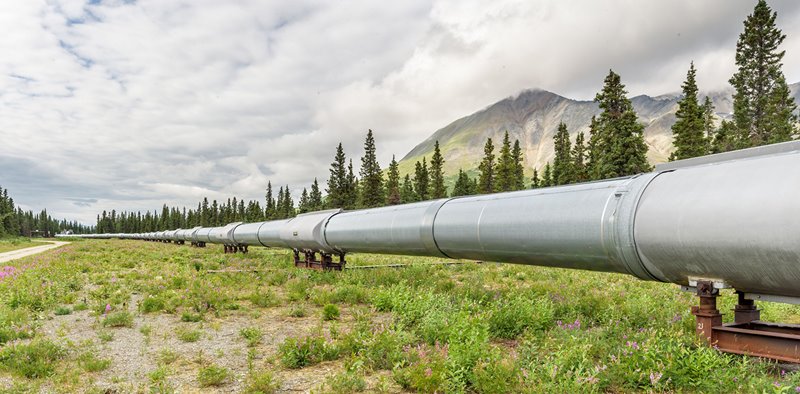Pipelines play a vital role in our economy. Out of sight and usually out of mind, they bring us, daily, the liquid heating and motor fuels on which we depend. They draw little public attention until they malfunction and release their contents into the environment. Pipeline operators have a duty to preserve public safety and the environment.
Responsible employees of a pipeline operator have a duty to thoroughly understand and rigorously adhere to principles of safe pipeline design and operation in order to keep the products flowing and to minimize the chances that any product will ever be released unintentionally into the environment. Basic safe pipelining starts with the ASME B31.4 Code.
This course provides the foundation for properly applying the code in the interest of public and employee safety.
Its goal is to familiarize pipeline operating personnel, public safety personnel, and state and federal regulators with the important safety-related aspects of ASME B31.4.
You Will Learn to:
- Describe the basic elements of pipeline design, construction and maintenance
- Explain how to apply principles of safe pipeline design and operation
Who Should Attend
Pipeline designers, pipeline contractors, pipeline operators, public safety officials, government regulators, and those involved in pipeline safety would benefit from taking this course.
Course Materials (included in purchase of course)
- Participants will receive access to the following Code/Standard(s) via ASME’s Digital Collection for the duration of the course:
- ASME B31.4 - Pipeline Transportation Systems for Liquids and Slurries
- Downloadable version of the course presentation via ASME's learning platform
This ASME Virtual Classroom course is held live with an instructor on our online learning platform. Certificate of completion will be issued to registrants who successfully attend and complete the course.


